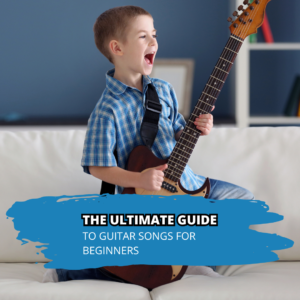 Singers, more than other musicians, trust their hearing and sometimes rely on pure intuition to learn music. They will lean heavily on accompaniments to guide them. This works only if the accompaniment has the vocal part prevalent in a lead instrument, and the singer will usually need time to learn the music by rote. Problems arise when singers get no melodic help from the accompaniment or if they have to sightread music in an audition. This is where a good knowledge of written and aural theory is essential to singers. Learn more about why music theory should be a component of singing lessons from the very beginning.
Singers, more than other musicians, trust their hearing and sometimes rely on pure intuition to learn music. They will lean heavily on accompaniments to guide them. This works only if the accompaniment has the vocal part prevalent in a lead instrument, and the singer will usually need time to learn the music by rote. Problems arise when singers get no melodic help from the accompaniment or if they have to sightread music in an audition. This is where a good knowledge of written and aural theory is essential to singers. Learn more about why music theory should be a component of singing lessons from the very beginning.
Music theory is the study of all the elements that come together to produce a piece of music. Written music theory includes interval reading, rhythmic values, chord structure, harmony and harmonic structure, and musical forms. Aural music theory is being able to hear all of those elements and know what they are without having to see the written music.Vocal lessons of good quality should have time set aside to learn some written and aural theory at each lesson. Small intervals of seconds and thirds and very basic rhythmic values is an excellent place to begin. As a students learn how to identify musical elements by sight in music, it is important to also make sure they learn what each elements sounds like. As students add more layers of music theory knowledge, their ability to read music and understand how to make the music without relying heavily on other musicians increases. When vocal students can peruse a piece of music and understand not only what the music says but hear it in their head before they even sing one note, a complete understanding of the music is taking place.Study of harmony and harmonic structure allows students in voice lessons be more proficient in singing harmony parts in tune. Learning about what notes will harmonize in a chord will be a great asset. A capella (unaccompanied) choral singing also requires good aural skills. Singers who want to sing jazz need to learn what notes can be used to improvise over a harmonic line. Singers who want to write their own music need to be able to notate the melody and also create a logical accompaniment.
Finally, a knowledge of music theory makes singers appear much more competent to musical peers. Vocalists who can read music, understand musical directions, and be flexible musically with a band or accompanist are an asset rather than a hindrance to creating music.








